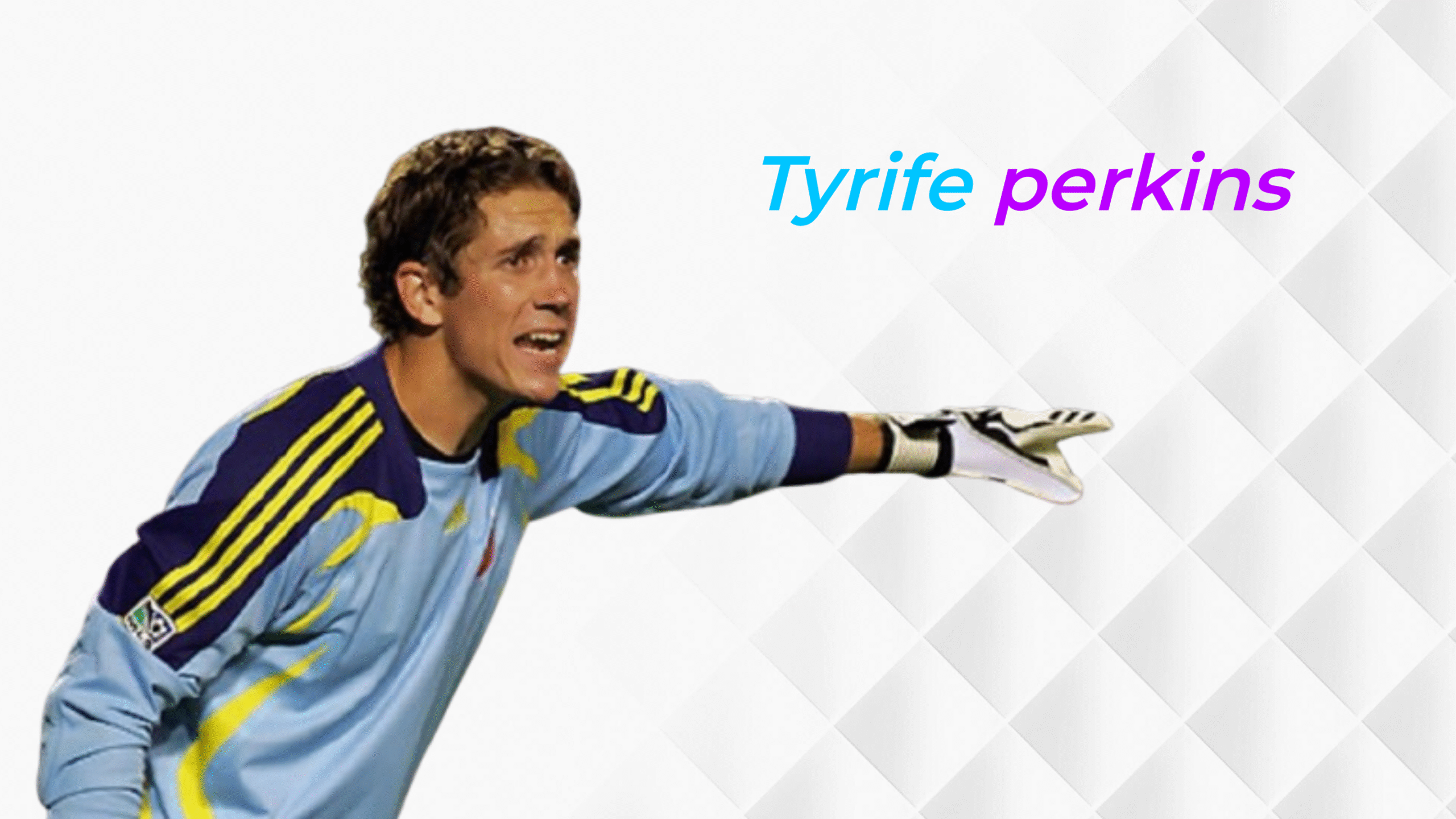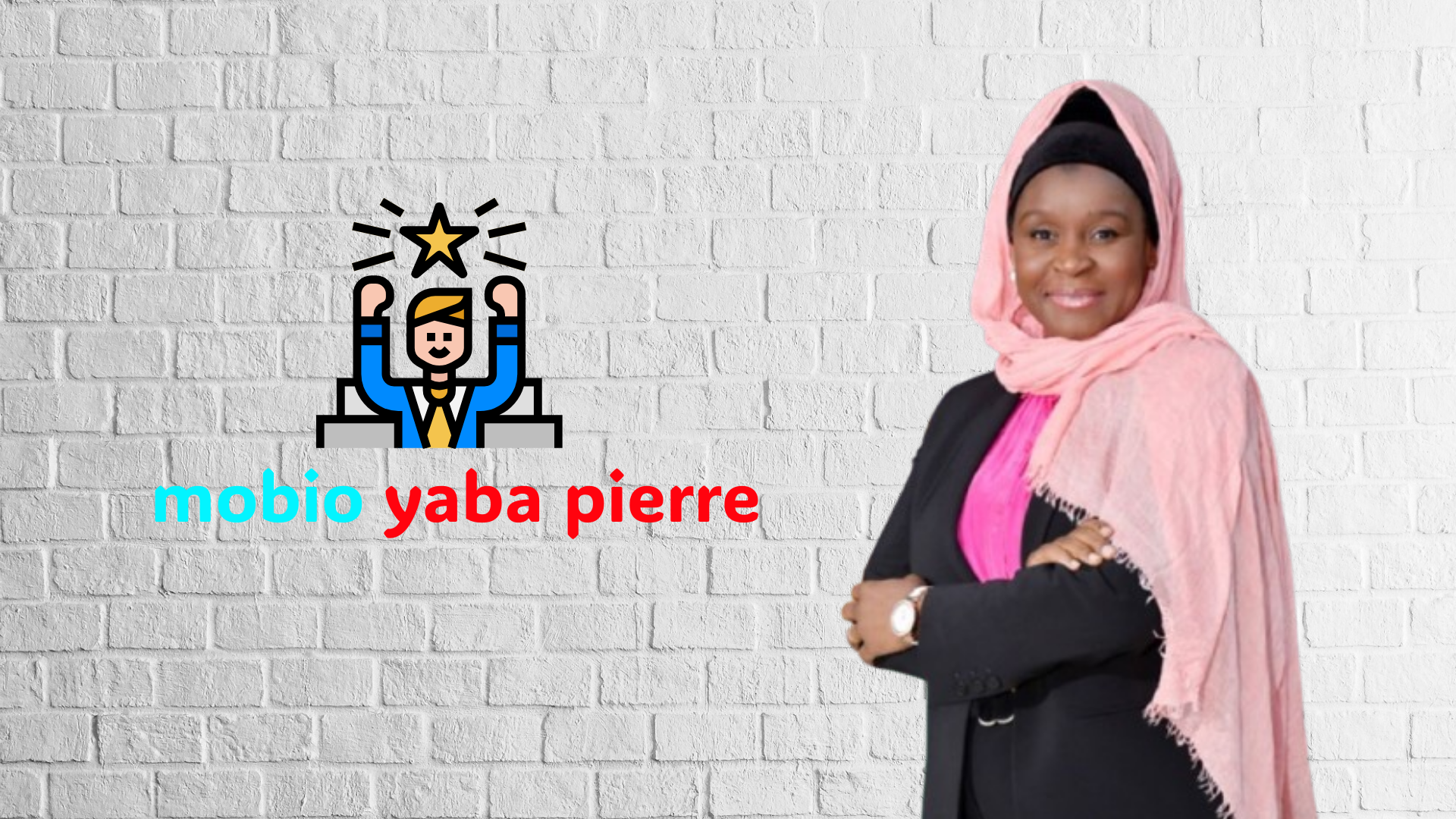
Hentai, an anime and manga genre focusing on explicit adult content, encompasses many themes and fetishes. One of its most controversial subgenres is shotacon (ショタコン), which depicts underage male characters in sexualized scenarios. Due to its sensitive nature, shotacon often sparks debates about ethics, legality, and artistic freedom.
This article explores the origins of shotacon, cultural context, ethical concerns, and the legal landscape surrounding it. Whether you’re curious about its appeal or concerned about its implications, this deep dive provides a balanced perspective.
What Is Shotacon?
The term “shotacon” is derived from “Shōtarō complex,” referencing Shōtarō, a young boy character from the manga *Tetsujin 28-go*. Unlike Lolicon (which focuses on young girls), shotacon centers on prepubescent or adolescent boys, often in suggestive or explicit situations.
Characteristics of Shotacon:
- Features young male characters, typically between childhood and early teens.
- It can range from innocent romantic themes to hardcore hentai.
- It often includes bishōnen (beautiful boys) with androgynous features.
While shotacon exists in mainstream anime/manga (often in non-explicit forms), its hentai counterpart is far more explicit, leading to significant controversy.
The Origins and Cultural Context of Shotacon
Historical Roots
Shotacon emerged alongside Lolicon in the 1970s and 1980s as manga artists experimented with taboo themes. Early works like Baramon no Koi (1979) hinted at shotacon elements, but it wasn’t until the 1990s that the subgenre gained more visibility.
Cultural Perception in Japan vs. The West
- Japan: While not universally accepted, shotacon exists in a legal gray area. Japan’s laws prohibit realistic child pornography but allow fictional depictions.
- The West: Many countries (including the U.S., UK, and Canada) criminalize Shotacon under obscenity or child exploitation laws, even if fictional.
This cultural divide fuels ongoing debates about censorship and artistic expression.
Why Does Shotacon Exist? Understanding Its Appeal
Despite its controversy, shotacon has a dedicated fanbase. Some reasons for its appeal include:
1. Fantasy vs. Reality
Many consumers distinguish between fiction and reality, viewing Shotacon as a harmless fantasy.
2. Aesthetic Attraction
The bishōnen trope (beautiful, delicate boys) is popular in anime, and some fans are drawn to their youthful charm without real-world implications.
3. Taboo Fascination
Like other extreme fetishes, some are drawn to Shotacon because it’s taboo.
4. LGBTQ+ Representation (Debated)
Some argue that Shotacon provides queer representation, though critics say it reinforces harmful stereotypes.
Ethical and Legal Concerns
Is Shotacon Harmful?
- Supporters Argue: It’s fictional and doesn’t directly harm real children.
- Opponents argue that it normalizes pedophilic tendencies and may encourage real-world abuse.
Legal Status Worldwide
- Legal in Japan (with restrictions): Explicit shotacon is banned under Tokyo’s youth protection laws, but enforcement varies.
- Illegal in Many Western Countries: The U.S. (under the PROTECT Act), UK, Australia, and others criminalize fictional child exploitation material.
The Moral Dilemma
Given its themes, even if legal in some regions, many question whether consuming Shotacon is morally justifiable.
The Future of Shotacon: Censorship vs. Freedom
As global scrutiny of anime content increases, shotacon faces challenges:
- Increased Regulation: Platforms like Patreon and PayPal ban shotacon-related transactions.
- Underground Communities: Some fans migrate to decentralized platforms to avoid censorship.
- Ongoing Debate: Should fiction be policed the same as reality?
Conclusion: A Complex and Polarizing Subgenre
Shotacon remains one of hentai’s most contentious topics. While some defend it as fantasy, others condemn it for its disturbing implications. Legal and ethical discussions will likely continue as societies grapple with the boundaries of art, fiction, and morality.
Whether you view it as harmless escapism or dangerous fetishization, understanding shotacon requires nuance. What’s clear is that the debate won’t end anytime soon.
Final Thoughts
If you’re exploring hentai subgenres, always consider the ethical implications of the content you consume. While fiction can be separate from reality, media influences perceptions—making it crucial to engage critically with controversial themes.








